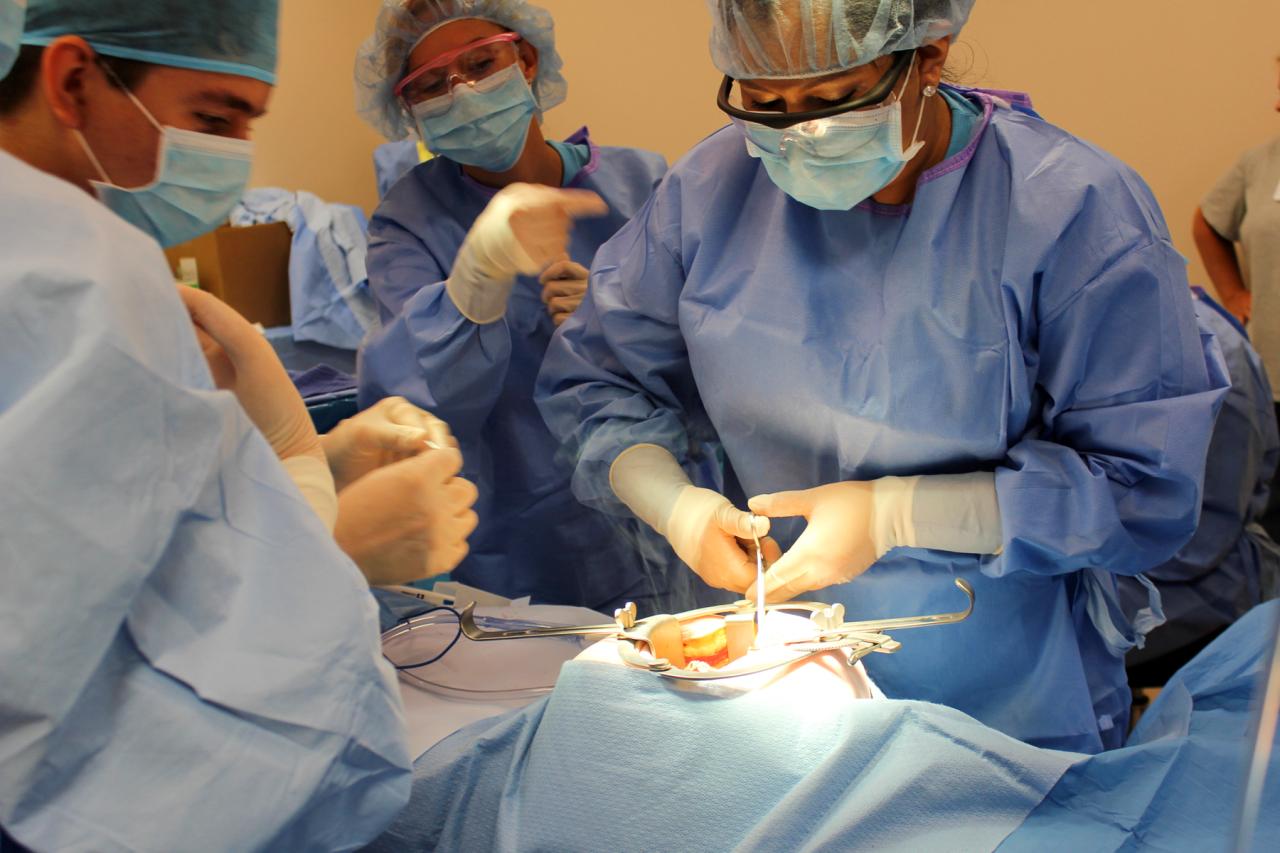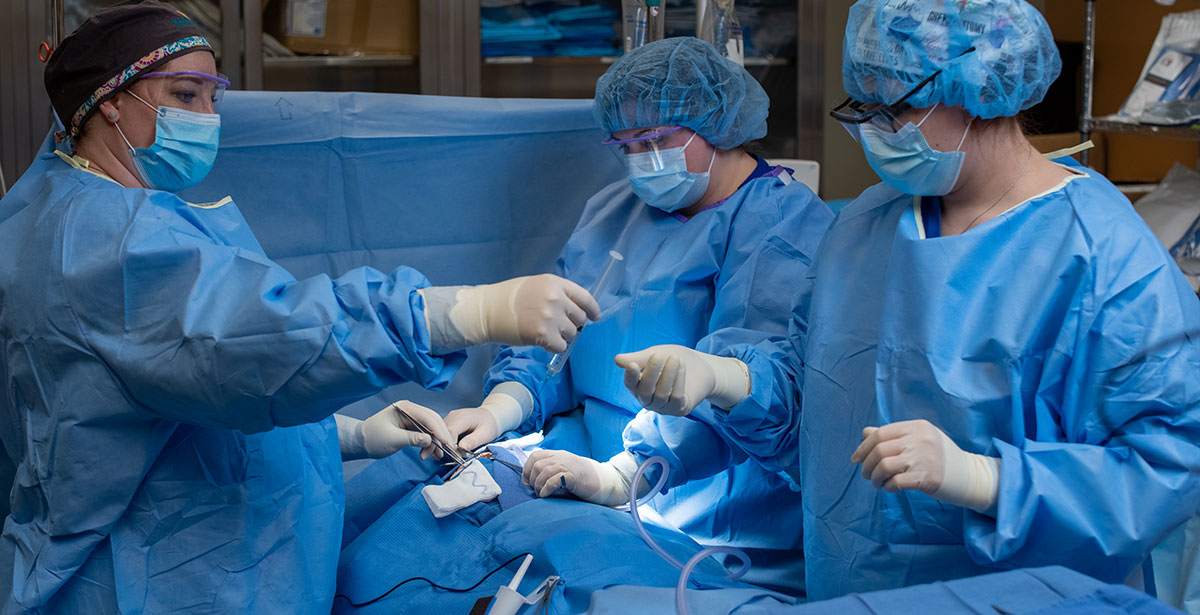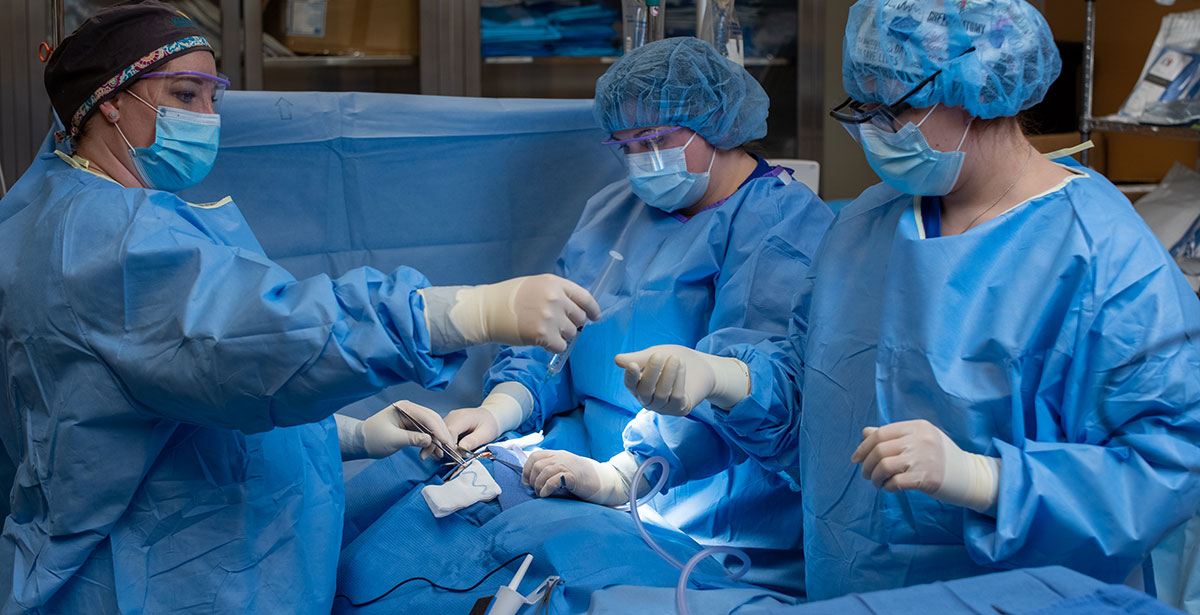Surgical tech program admission requirements and prerequisites can seem daunting, but understanding the process is key to your success. This guide breaks down the essentials, from academic qualifications and prerequisite courses to application materials and interview tips. We’ll cover everything you need to know to navigate the application process confidently and increase your chances of acceptance into your dream surgical technology program.
So you’re looking at surgical tech programs? Admission usually involves a high school diploma and maybe some prerequisite science courses. It’s a demanding field, so be prepared for hard work! While researching, I stumbled upon this interesting interview, Pierre Poilievre dévoile ses objectifs dans une entrevue accordée à , which was a nice break from the intense program requirements research.
Anyway, back to surgical tech – check the specific requirements of the programs you’re interested in, as they can vary.
Becoming a surgical technologist requires dedication and preparation. This involves meeting specific educational standards, possessing essential skills, and demonstrating a commitment to the profession. This guide will help you understand the steps needed to get started on this rewarding career path.
So, you’re thinking about becoming a surgical tech? Awesome! Admission to most programs requires a high school diploma or equivalent, plus specific science prerequisites. While you’re sorting through that, it’s interesting to note that completely unrelated news, like this article on Federal courts won’t refer Clarence Thomas for DOJ investigation , is out there.
Anyway, back to surgical tech school – check the specific requirements of your chosen program, as they can vary.
Educational Requirements for Surgical Tech Programs
Gaining admission to a surgical technology program hinges on meeting specific educational prerequisites. These requirements ensure you possess the foundational knowledge and skills necessary to succeed in the demanding field of surgical technology. Let’s delve into the details.
High School Diploma or Equivalent Requirements
Most surgical technology programs require a high school diploma or its equivalent, such as a GED. Beyond this basic requirement, specific courses or minimum GPA may also be necessary. Here’s a breakdown of common requirements:
| Requirement | Description | Typical Minimum | Notes |
|---|---|---|---|
| High School Diploma or GED | Official proof of high school completion. | Required | Some programs may accept a home-school diploma with appropriate documentation. |
| Minimum GPA | Grade Point Average reflecting academic performance. | 2.5 – 3.0 | Specific GPA requirements vary widely among institutions. |
| Recommended High School Courses | Courses demonstrating foundational knowledge. | Varies by program | Biology, chemistry, and algebra are often recommended. |
| Official Transcripts | Official records of academic performance. | Required | Must be sent directly from the high school to the program. |
Minimum GPA Requirements

The minimum GPA required for admission varies significantly between programs. While a 2.5 GPA might suffice for some institutions, others may demand a 3.0 or higher. Some programs might even consider a holistic review, weighing GPA alongside other factors like prerequisite coursework, relevant experience, and TEAS scores. For instance, one program might prioritize a strong GPA in science courses, while another may give more weight to overall academic performance.
Prerequisite Courses, Surgical tech program admission requirements and prerequisites
Successful completion of specific prerequisite courses is crucial for admission. These courses build a solid foundation in the biological and chemical sciences, essential for understanding surgical procedures and patient care. Common prerequisites include biology, chemistry, and anatomy. Equivalent courses, such as human biology or organic chemistry, may be accepted depending on the program’s specific requirements. For example, a college-level anatomy and physiology course might fulfill the anatomy prerequisite, and a general biology course may suffice for the biology requirement.
Always check with the specific program for accepted equivalents.
Program-Specific Prerequisites
Prerequisite courses vary considerably across different surgical technology programs. Understanding these differences is vital for tailoring your academic preparation. It’s crucial to check the specific requirements of each program you are applying to.
Comparison of Prerequisite Courses
- Program A: Biology, Chemistry, Anatomy & Physiology, Algebra
- Program B: Human Biology, General Chemistry, Anatomy, Medical Terminology
- Program C: Biology with lab, Organic Chemistry, Anatomy & Physiology I & II
- Program D: Requires a minimum number of college credit hours, with specific science prerequisites.
Sample Prerequisite Checklist
This checklist provides a general example; always consult the specific program’s requirements.
- Academic Requirements:
- High school diploma or GED
- Minimum 2.75 GPA
- Completed Biology with lab
- Completed Anatomy and Physiology I
- Completed College Algebra
- Non-Academic Requirements:
- Completed application form
- Official transcripts
- Letters of recommendation (2-3)
- TEAS score (minimum score may apply)
- Background check and drug screening
Role of Prerequisite Courses in Preparation

Prerequisite courses serve a critical function in preparing students for the rigorous demands of surgical technology training. These courses provide the foundational knowledge of human anatomy, physiology, microbiology, and sterile techniques. A strong grasp of these concepts is essential for understanding surgical procedures, assisting surgeons effectively, and ensuring patient safety.
So you’re looking at surgical tech program admission requirements and prerequisites? It’s a competitive field, so good grades are key. But hey, even amidst all that studying, you can still keep up with the exciting news, like how Rivian stock has its best day ever after EV maker reports 2031 ! Then, back to those prerequisites – make sure you meet all the program’s requirements for a smooth application process.
Good luck!
Admissions Process and Application Materials
The admissions process for surgical technology programs generally involves several steps. Understanding these steps and gathering the necessary materials will significantly improve your chances of acceptance.
Application Materials

- Completed application form
- Official high school and/or college transcripts
- Letters of recommendation
- TEAS scores (if required)
- Resume or curriculum vitae (CV)
- Statement of purpose or personal essay
Application Process Steps
- Research and select programs.
- Gather required application materials.
- Complete and submit the application form.
- Submit supporting documents (transcripts, letters of recommendation).
- Take the TEAS exam (if required).
- Attend an interview (if required).
- Await acceptance notification.
Importance of Letters of Recommendation
Strong letters of recommendation are crucial for showcasing your capabilities and suitability for the program. These letters should come from individuals who can speak to your academic abilities, work ethic, and personal qualities. Request letters well in advance, providing recommenders with ample time and all necessary information about the program and your goals. A strong recommendation letter highlights your strengths, work ethic, and overall suitability for the program.
Skills and Experiences Favored by Admissions Committees
Admissions committees look for applicants who demonstrate relevant skills and experiences. Highlighting these aspects in your application significantly enhances your chances of acceptance.
Relevant Volunteer or Work Experience
- Volunteer work in a hospital or clinic setting
- Experience as a certified nursing assistant (CNA) or medical assistant
- Shadowing a surgical technologist
- Volunteer experience in a healthcare-related field
- Employment in a healthcare setting demonstrating teamwork and attention to detail
Demonstrating Relevant Skills
Surgical technology demands a unique blend of skills. Highlighting your abilities in these areas is vital.
- Attention to Detail: Provide examples from coursework, volunteer work, or employment demonstrating meticulousness and accuracy.
- Teamwork: Showcase your ability to collaborate effectively in group projects or team-based settings.
- Problem-Solving: Describe instances where you successfully addressed challenges and found solutions.
Skills, Demonstration Methods, Program Value, and Examples
| Skill | Demonstration Method | Value to Program | Example |
|---|---|---|---|
| Attention to Detail | Coursework, volunteer experience | Accuracy in surgical procedures | Maintaining meticulous notes during lab work; accurately assembling surgical instruments |
| Teamwork | Group projects, team sports | Effective collaboration in the OR | Successfully leading a group project; collaborating effectively with teammates during a sports season |
| Problem-Solving | Work experience, volunteer experience | Addressing unexpected situations in the OR | Quickly identifying and resolving a supply shortage during a surgical procedure |
| Adaptability | Volunteer work, previous employment | Handling changes in the surgical schedule | Effectively managing unexpected patient needs or changes in the surgical plan |
Testing Requirements (e.g., TEAS)
The Test of Essential Academic Skills (TEAS) is a standardized exam frequently used in the surgical technology program admissions process. Understanding its importance and how to prepare is crucial for success.
The TEAS Exam and its Significance
The TEAS assesses essential academic skills in reading, mathematics, science, and English and language usage. Many surgical technology programs use TEAS scores as a factor in admissions decisions, evaluating applicants’ readiness for the rigorous academic demands of the program. A higher TEAS score can improve your chances of admission, especially if your GPA is slightly below the program’s minimum requirement.
Weighting of TEAS Scores
The weight given to TEAS scores varies among programs. Some might give it significant weight, while others might consider it alongside other application components like GPA and experience. It’s essential to check the specific admissions policies of each program you are applying to.
Preparing for the TEAS Exam
Preparation is key to achieving a high TEAS score. Numerous resources are available to help you prepare, including:
- TEAS preparation books and online courses
- Practice tests to familiarize yourself with the exam format and content
- Reviewing fundamental concepts in reading, math, science, and English
- Utilizing study groups for collaborative learning
Interview Process and Tips for Success
Many surgical technology programs include an interview as part of the admissions process. Preparing effectively for the interview is crucial for demonstrating your suitability for the program.
Typical Interview Format
Surgical technology program interviews typically involve a structured format, often with a panel of interviewers. The interview may cover your academic background, relevant experience, career goals, and personal qualities. Be prepared for both behavioral and technical questions.
Common Interview Questions and Effective Strategies
Prepare for questions exploring your motivation for pursuing surgical technology, your understanding of the profession, and your ability to handle the demands of the role. Use the STAR method (Situation, Task, Action, Result) to structure your responses, providing concrete examples to illustrate your points.
- “Tell me about your interest in surgical technology.”
- “Describe a time you had to work under pressure.”
- “How do you handle stressful situations in a team environment?”
- “Why do you want to attend our program?”
Tips for Preparing for and Succeeding in an Interview
- Research the program thoroughly.
- Practice answering common interview questions.
- Prepare thoughtful questions to ask the interviewers.
- Dress professionally.
- Arrive on time (or early for virtual interviews).
- Maintain positive body language and eye contact.
- Be enthusiastic and genuine.
Last Point
Landing a spot in a surgical technology program is a significant step towards a fulfilling career. By understanding the admission requirements and prerequisites, preparing thoroughly for the application process, and showcasing your skills and experience, you can significantly improve your chances of acceptance. Remember to stay organized, proactive, and persistent throughout the process. Good luck!
FAQ Compilation: Surgical Tech Program Admission Requirements And Prerequisites
What if I don’t meet all the prerequisites?
Many programs allow for some flexibility. Contact the program directly to discuss options, such as taking additional courses.
How important are letters of recommendation?
Very important! Choose recommenders who know you well and can speak to your skills and character.
What kind of volunteer experience is helpful?
Experience in a healthcare setting, such as volunteering at a hospital or clinic, is highly beneficial.
Can I retake the TEAS if I’m not happy with my score?
Yes, you can usually retake the TEAS. Check the testing center’s policies for details.
What if I don’t have a high GPA?
A strong application demonstrating other skills and experiences can compensate for a lower GPA. Focus on showcasing your strengths.
